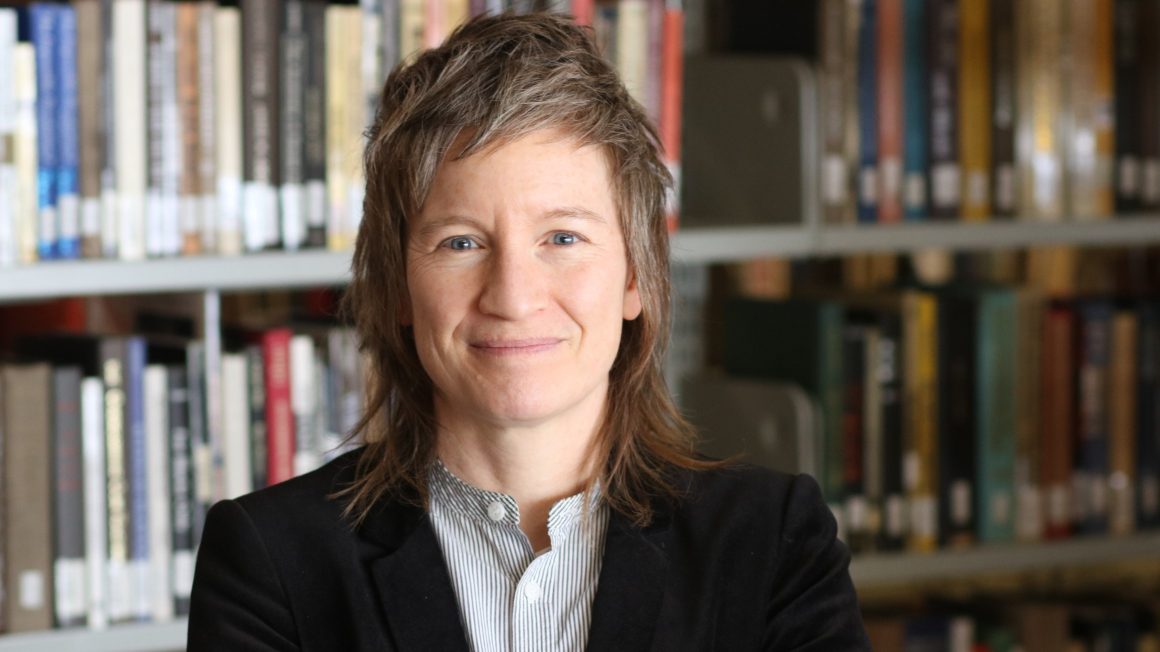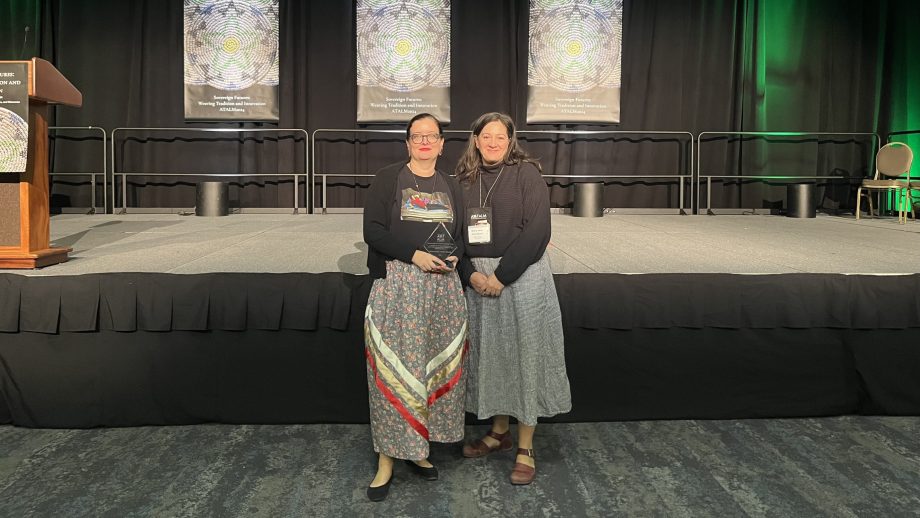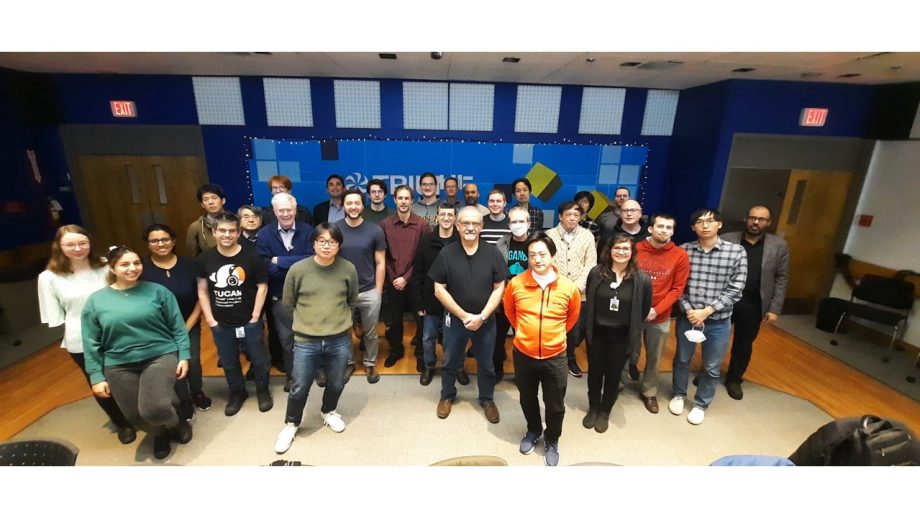In June, an Angus Reid poll pointed to how few Canadians remember the 1985 Air India bombing, which the Canadian government has called the “worst terrorist attack in Canada’s history.” The poll indicated Canadians knew very little about Air India Flight 182, which was en route from Toronto, Ontario to Delhi, India via London, England. All 329 people aboard were killed, including 280 Canadians of South Asian descent.
The University of Winnipeg’s Dr. Angela Failler, Canada Research Chair in Culture and Public Memory, has been examining why this attack continues to be a largely forgotten narrative in Canada.
It is critical that the experiences and voices of those like Renée, who continue to live with incredible fallout and loss from the bombing, are foregrounded in my research.
Dr. Angela Failler
On Sunday, November 26, Dr. Failler participated in a reading and conversation on this subject at Simon Fraser University (SFU) in Burnaby, B.C. She was joined by award-winning author Renée Sarojini, who lost her aunt and uncle in the attack, and by Shachi Kurl, President of the Angus Reid Institute. The event is available to view on YouTube.
Dr. Failler argues systemic racism plays a central role in why the Air India bombing has faded from Canada’s collective memory, and why it is not taught in school or in post-secondary Canadian history curricula.
“The fact that the Air India bombing does not figure more prominently in public memory demonstrates that brown lives do not matter in the same way that white lives do in Canada,” Dr. Failler said. “They are made to be less grievable and less memorable.”
Dr. Failler notes many critics, as well as relatives of those killed in the bombing, have asked whether Canada would have such trouble recognizing it as a tragedy of national consequence if the majority of the passengers had been white. Dr. Failler is especially interested in the possibilities inherent in aesthetic or creative forms of remembrance for how they take up this complex and ongoing history.
“Renée’s poetry, which is being featured at the SFU event, is an example of one such form that both challenges and enriches official memory,” Dr. Failler said. “For me, it is critical that the experiences and voices of those like Renée, who continue to live with incredible fallout and loss from the bombing, are foregrounded in my research.”
Dr. Failler is currently working on a book titled Public Memory and the Cultural Afterlife of the 1985 Air India Bombings, to help mark the 40th anniversary of this world-changing, yet still underrepresented, event.
Biography
Dr. Failler is Professor of Women’s and Gender Studies at UWinnipeg. She is also the founding Director of the Centre for Research in Cultural Studies (CRiCS). Her research is focused on how practices of culture and public memory are used to grapple with the “difficult knowledge” of historical traumas and injustices, including their aftereffects. Her projects pay special attention to memorials, museums, commemorative artworks, community-based practices of remembrance, and government sponsored memory projects.
Dr. Failler co-edited The Art of Public Mourning, Remembering Air India (University of Alberta Press, 2017) with Dr. Chandrima Chakraborty and Dr. Amber Dean of McMaster University.





